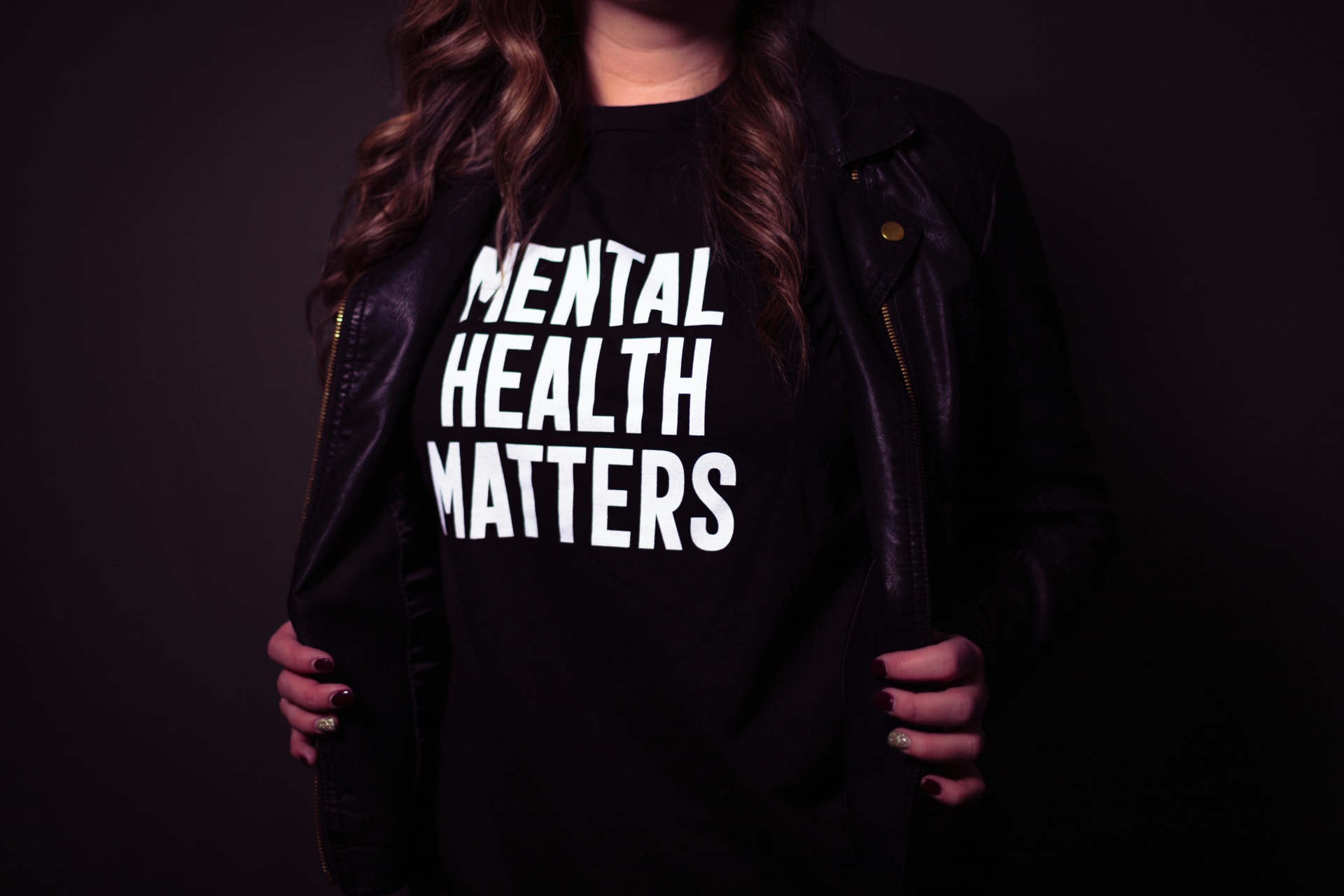Brain injuries are amongst the most traumatic injuries a human being can experience. The brain is easily the most important – and most complex – organ in the body, being not only the chief co-ordinator of our bodily functions but also the seat of our memories, personality and sense of self besides.
Over 200,000 people attend hospital with a head injury each year, and every single one of those attendances represents the possibility of life-changing consequences for the injured party. Traumatic brain injuries, or TBIs, can cause irreparable damage to nerve connections and motor control, rendering injured parties disabled; they can impact the senses, impact our memory, and even impact our personality and behaviour – arguably the core of our outward being.
But beyond these tangible and easily-measurable possibilities, there are further possibilities. Brain injuries and mental health are just as intrinsically linked as brain injuries and physical wellbeing are. But how exactly are the two linked, and what might you benefit from knowing about said links?
The Link between Brain Injuries and Mental Health
There are, of course, direct manners in which brain injury can impact mental health. Physical trauma to the brain can impact the way hormones are processed, while behavioural shifts can result in altered emotional responses – in turn leading to new mental difficulties.
However, the story doesn’t stop here. Brain injuries can have secondary and tertiary health impacts, particularly when it comes to mental illness. Here, we will examine some of the more common mental disorders associated with brain injury, and how they relate.
Depression and Brain Injuries
Globally, depression is the most common amongst mental illnesses, typified by episodes of crushing low mood, negative self-opinion and mental exhaustion amongst other symptoms. Depression can have tangible and intangible causes, as personal and societal situations can alter our brain chemistry.
Brain injuries and their after-effects can lead patients to feel dejected about their personal situation; this is particularly true with respect to brain injury claims, where an irreversible disability has been brought about by an avoidable accident. Feeling impotent to change one’s personal circumstances can lead to chronic low mood.
Anxiety and Brain Injuries
Anxiety is the next-most common mental illness, and often co-occurs with depression. Anxiety is an emotion we can feel day-to-day, but chronic anxiety disorders render the emotion a stifling, semi-permanent sensation. The feeling of limbo a brain injury patient experiences in the immediate aftermath of an injury is enough to cause the development of General Anxiety Disorder, whether with respect to potential changes to personal ability or changes to personal circumstance.
Post-Traumatic Stress Disorder (PTSD) and Brain Injuries
Post-Traumatic Stress Disorder (PTSD) is a mental disorder that can be chronic or acute, and which is caused by the experience of a traumatic event – amongst which brain injuries can be counted. If the injurious event was especially traumatic or grievous, the long-term mental impacts can be staggering – including episodic breakdowns and negative response to stimuli relating to the event in question.









